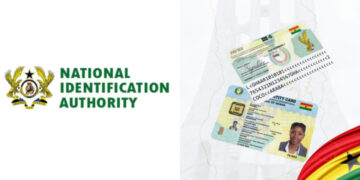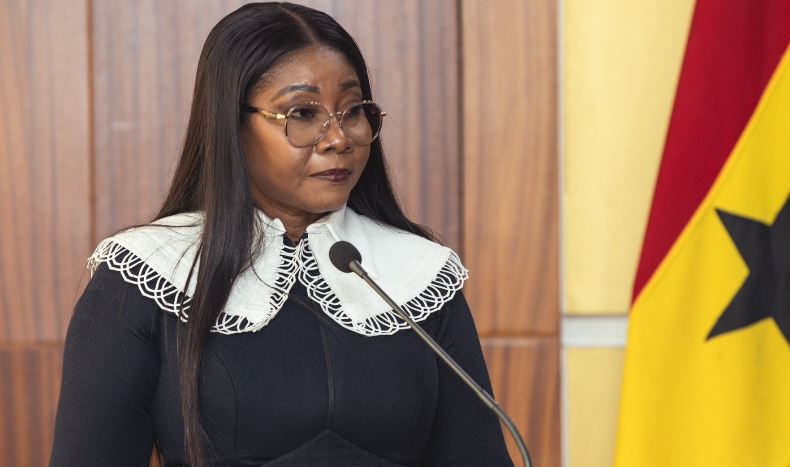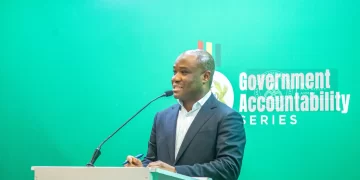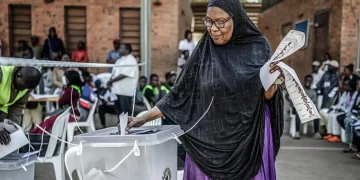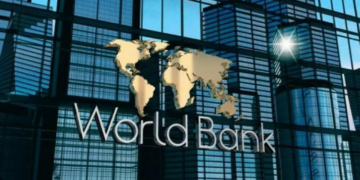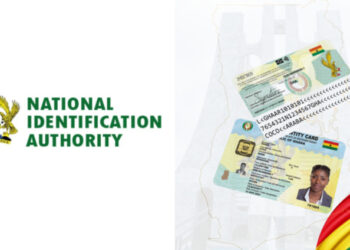President Akufo-Addo has stated that, despite the government’s stringent steps to revive the Ghanaian economy, public sector workers’ wages will not remain the same for the next four years.
His statement came in reaction to public sector employees’ complaints about the delay in increasing their wages in the face of increased and newly imposed taxes.
President Akufo-Addo told the 11th Quadrennial Delegates Congress of the Trades Union Congress in Kumasi that “salary increments for public sector works have not been suspended for the next four years.”
“The fact is that we are not in regular times,” he said, “and we are appealing to all Ghanaians, including organized labor, to support the government in this endeavor to help restore our public finances and economy.”
The President has acknowledged some Ghanaians’ reservations over some of the proposed proposals presented in the 2021 budget.
“As shown by responses from some quarters, this [budget] announcement seems to include some complicated but very important collection of actions.”
“I understand the concerns being raised, especially with regard to the introduction of certain new taxes [introduced],” President Akufo-Addo added.
Taxes introduced
The 2021 budget, titled “Economic Revitalisation by Completion, Stabilization, and Continuity,” aims to carefully balance fiscal consolidation while facilitating our economy’s recovery following the pandemic.
Some of the existing taxes in the budget have been heavily criticized by analysts and stakeholders.
Read Also: UT, uniBank case already in court, Parliament can’t intervene – Patrick Boamah
A 5% financial sector clean-up levy, 30 percent income tax rebates for companies in the hospitality industry, the suspension of instalment income tax stamp and vehicle income tax payments from April to December 2021, and the extension of the exemption of income tax on capital gains made from the realisation of securities listed on the New York Stock Exchange is among the direct tax measures in the budget.
However, the indirect tax reforms sparked further debate, with questions about the price of gasoline, among other things, following the planned 5.7 percent increase in petrol and diesel rates as part of new levies.
The increase is due to the latest 10-pesewa Sanitation and Pollution Levy, as well as a 20-pesewa levy to cover charges on the country’s surplus power output.
There will now be a 1% COVID-19 levy, which will be a 1% rise on both the proposed VAT Flat Rate Scheme (VFRS) and the National Health Insurance Levy (NHIL).
Source: ATLFMNEWSROOM

